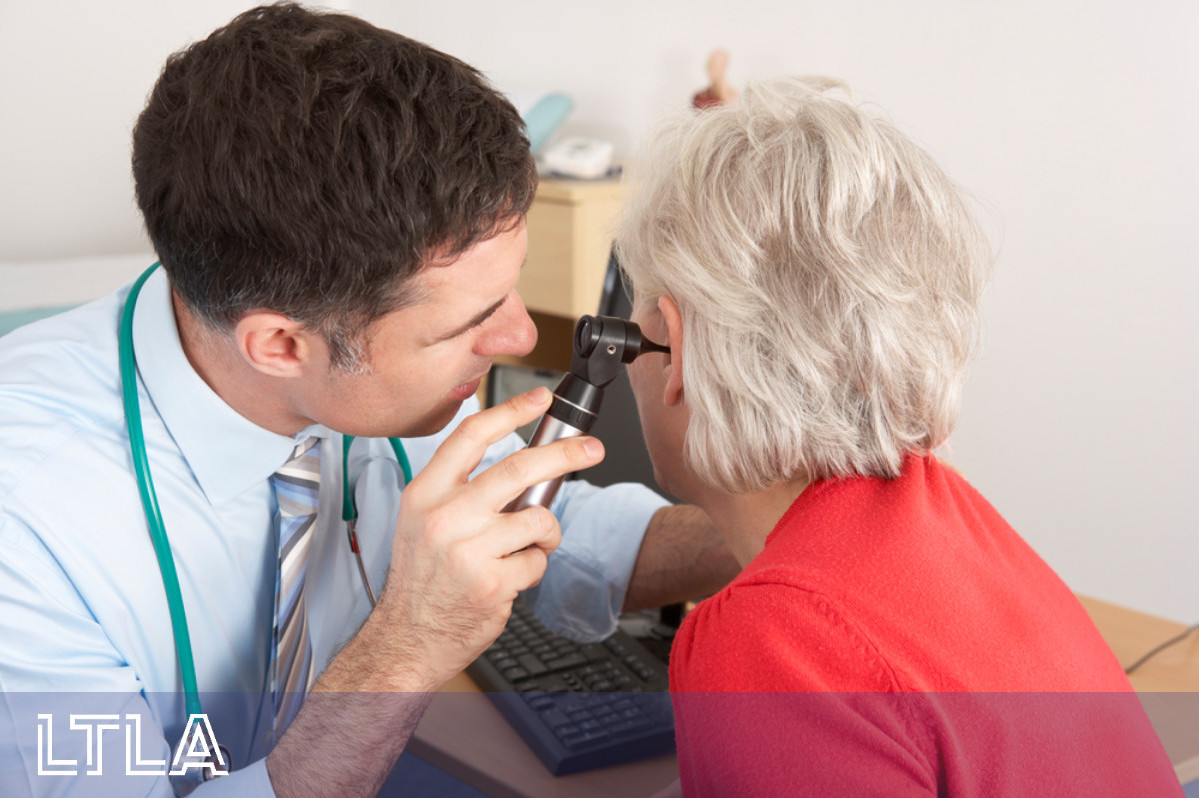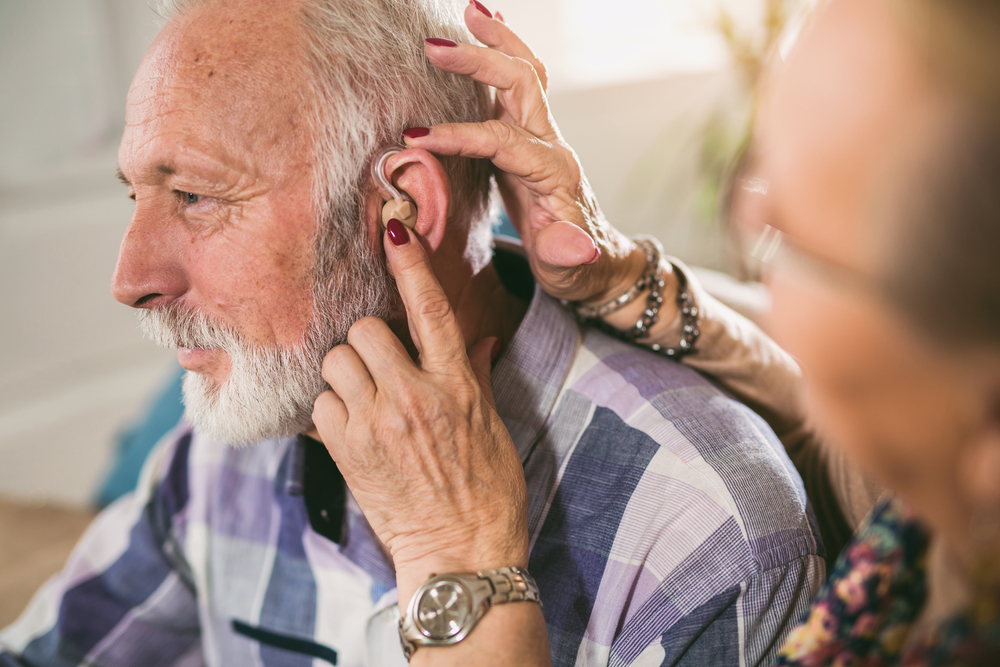
As a person grows older, hearing loss is one of the most common conditions that affect seniors. According to the National Institutes of Health, around one in three adults in the U.S. between 65 years and 74 years of age, has loss of hearing. Nearly 50% of those older than 75 have trouble hearing.
When you have trouble hearing, you may miss out on a conversation and feel left out. It’s hard to enjoy music or a TV show, unless you can turn up the volume. Hearing loss can also make it difficult to understand your doctor’s advice and hear smoke alarms or the doorbell.
Recent research by Frank Lin of John Hopkins University School of Medicine, has also found that changes such as hearing loss might be related to dementia and other changes in the body. Dr. Lin said that data from surveys have shown that hearing loss is associated with decreases in memory. According to Dr. Lin, the U.S. has nearly 27 million people who are 50 or older with major hearing loss, but only about 3.8 million of them have hearing aids.
So what can you do if you think you’re suffering from hearing loss? Your first step should be seeing a healthcare professional such as your primary care doctor who may refer you to a hearing specialist or audiologist. You might benefit and see the connection of hearing aids and quality of life improvements.
How Do I Know If I Need Hearing Aids?
Since hearing loss is gradual, you may not know if you’re unable to hear well. That’s why it’s important to get tested by a hearing care professional. A test takes about an hour and if hearing aids can help you, the hearing care professional will suggest options that fit your needs and budget.
There are different styles and types of hearing aids, including those that are:
- Behind the ear
- In the ear
- Inside the ear canal
A hearing aid magnifies the sound vibrations inside the ear to make up for damage to hair cells in the inner ear that allow you to hear. You might be concerned about the cost of hearing aids. However, if you have health insurance, your policy may have hearing care benefits.
The Benefits of Hearing Aids
After getting hearing aids for the first time, you’ll need to get accustomed to them. Fortunately, the latest hearing aids are much more advanced than those of just a few years ago and can be programmed for your hearing loss. You’ll be able to listen better to people in noisy places, so it’s easier to take part in social settings.
While hearing aids won’t completely restore your hearing, it can help you be more aware of sounds and who is talking, so you can participate in conversations and hear important cues like a phone ringing. It’s important to wear hearing aids on a regular basis; so make sure they’re convenient and easy to wear.
What If a Loved One Has Hearing Loss?
If your parent or an older loved one has trouble hearing, they may not know about the issue. It’s important for a family member or friend to encourage this person to seek help from a healthcare professional such as primary care doctor, audiologist or a hearing aid specialist. In some cases, a hearing care professional might offer a free hearing evaluation or let a person try out hearing aids for a trial period and allow them to return the hearing aids.
If you’re interested in learning more about hearing loss or having a hearing evaluation, contact the Long-Term Living Association (LTLA) at 1-800-868-1193 or visit their website at longtermliving.org.
Our Hearing Care Specialist
NAAMA HADAR, RN, HIS


